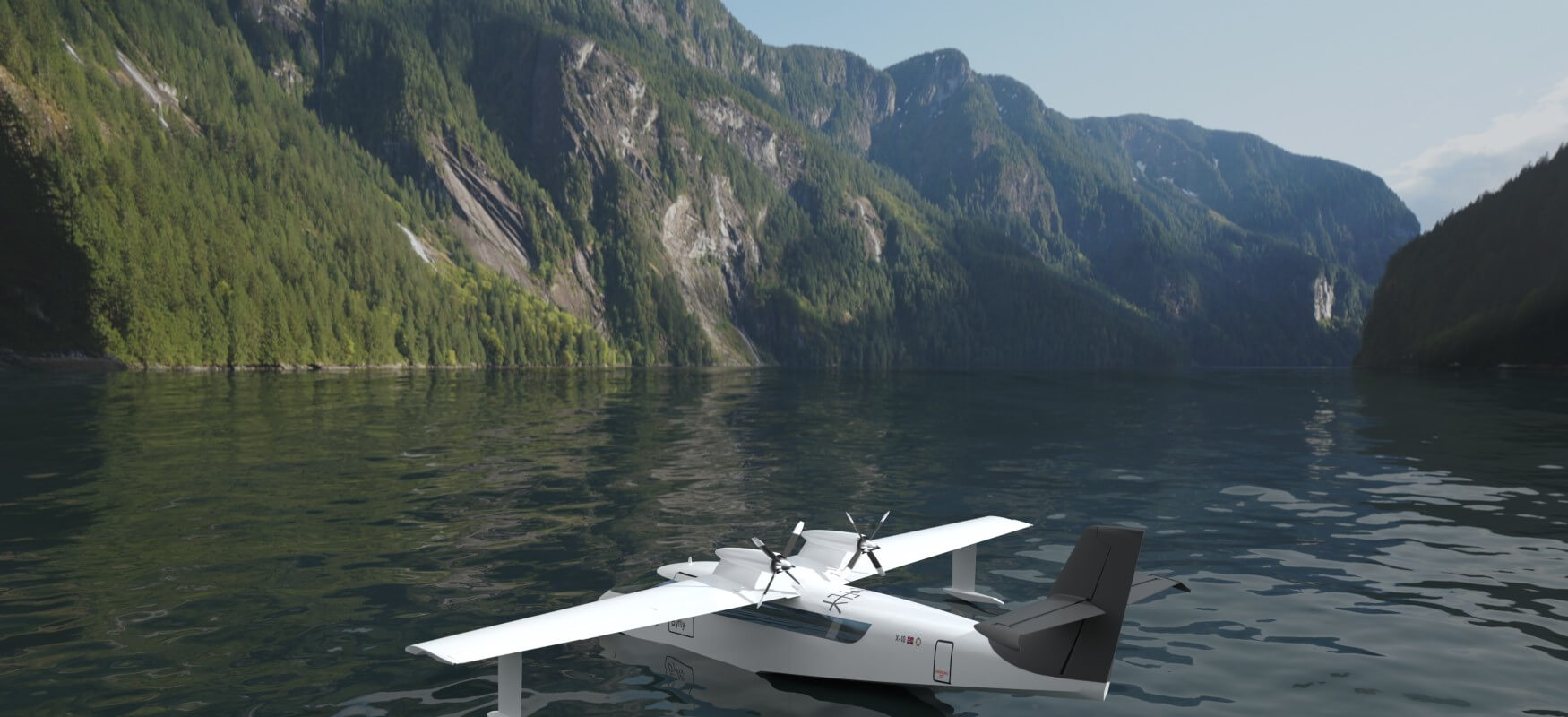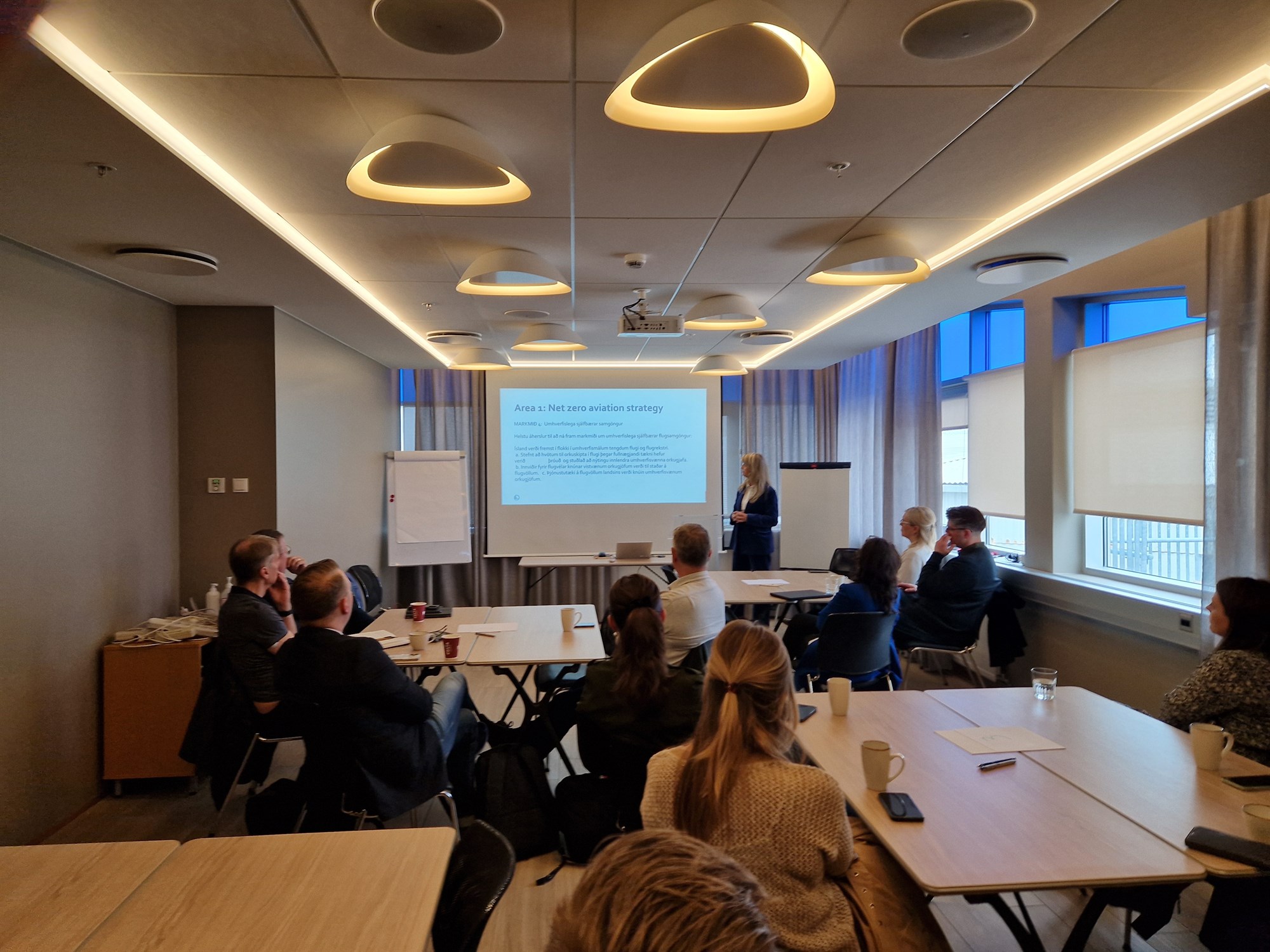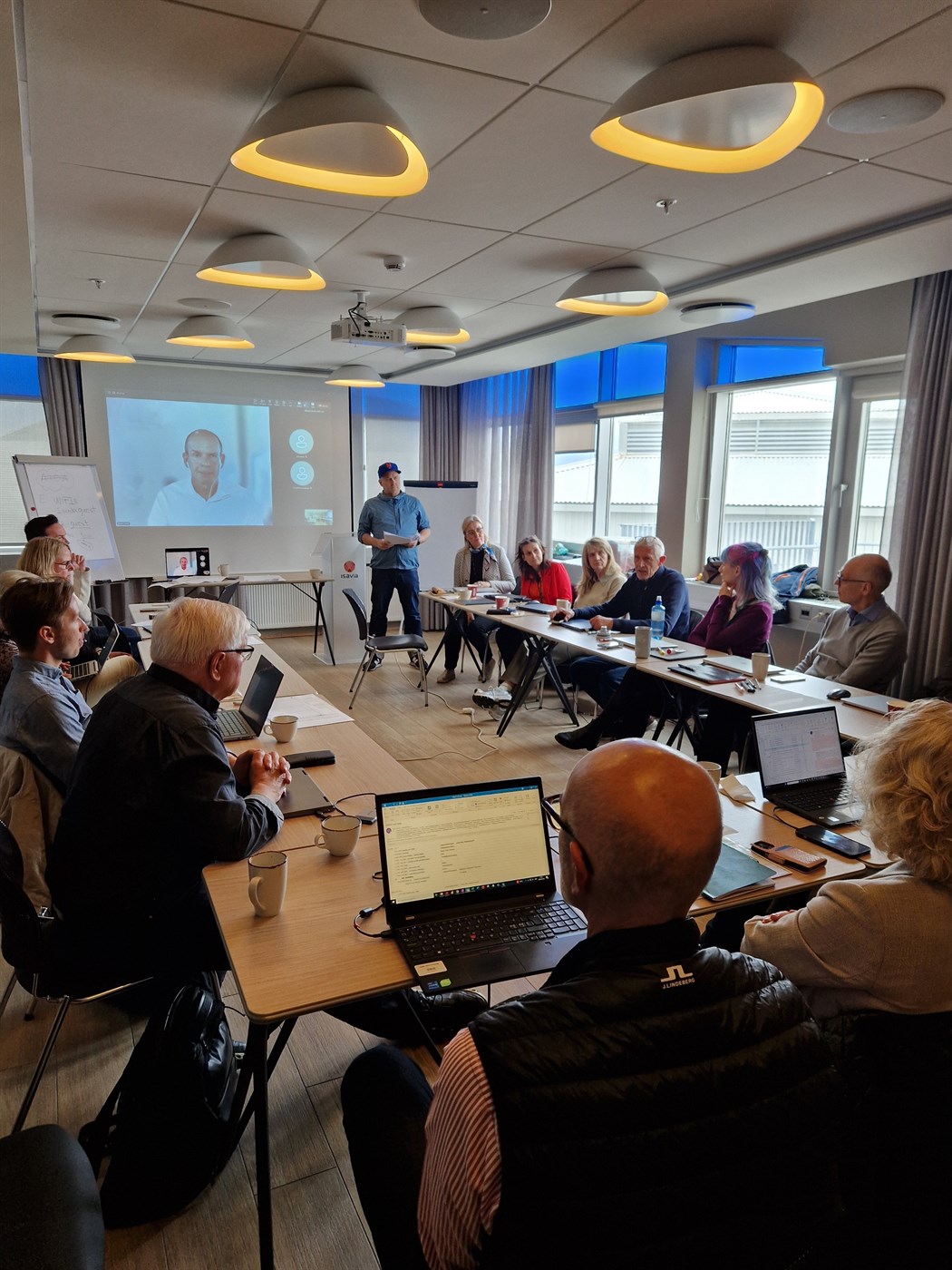
Accelerating transition to electricity in Air Transportation
The future of energy transition and electric aviation was the topic of discussion when representatives of Icelandic authorities and stakeholders attended a workshop on the NEA (Nordic Network for Electric Aviation) electric aircraft project at the end of May 2024. Within the NEA framework, Isavia, led by its subsidiary Isavia Regional Airports, Icelandair, and operators of other airports and airlines in the Nordic countries, along with aircraft manufacturers, have joined forces to accelerate the energy transition in aviation to the greatest extent possible. The collaboration focuses on electric aviation.
At the meeting, where the project was presented, representatives from Icelandic ministries, the Transport Authority, the Road and Coastal Administration, airlines, and stakeholders in aviation operations were present. The status of the project, which involves forming a common vision, strategy, and action plan for the electrification of aviation in the Nordic countries, was presented. The meeting discussed the current status of this field in Iceland. A situation analysis from parties and input from key stakeholders were sought.
The NEA project was launched in October 2019. Last year, NEA signed a grant agreement with Nordic Innovation for the next phase of the NEA project. The agreement is valid until 2026. Nordic Innovation is an organization under the Nordic Council of Ministers. The grant to NEA is one of the largest single grants given by Nordic Innovation to a project.
Within the NEA 2.0 framework, supported by Nordic Innovation, the necessary infrastructure changes for transitioning to electric aviation between and within the Nordic countries are being mapped out. The collaboration platform has been working on developing the business model and assessing the safety requirements for electric aviation and electric aircraft services. Additionally, a joint strategy and focus areas for the Nordic countries in this field are being developed, which will be discussed at a meeting of the countries' infrastructure ministers in August.
Isavia is a participant in the project along with airport operators Avinor in Norway, Finavia in Finland, Swedavia in Sweden, and Copenhagen Airport. In addition to Icelandair, airlines SAS and BRA in Sweden are participating in the project. Companies focusing on energy transitions and aircraft manufacturers involved in the project include Green Flyway, Elfly Group, Heart Aerospace, and NISA (Nordic Initiative for Sustainable Aviation).
"The purpose of today's meeting was to get information from stakeholders about the status of the transition to electric aviation in Iceland," said Maria Fiskerud, who leads the project and Innovation Eco-system lead at Heart Aerospace. "It's very important for us to inform key stakeholders and institutions about the project's status, but it's also crucial that the government and administration are aware of the possibilities and what's on the horizon in the energy transition. It is essential that we get a clear plan for the energy transition from the authorities in the countries involved so that we know the direction and preferably the timeframe. We have had meetings elsewhere in the Nordic countries with ministry representatives and stakeholders to map the situation. Iceland is a key link in this project, and the Icelandic domestic airport system can become an excellent pilot project for the transition to electric flights."
"It was an important step to introduce the project to stakeholders," says Sigrún Björk Jakobsdóttir, CEO of Isavia Regional Airports. "Iceland can become a platform for a pilot project in the energy transition. The distances between destinations in domestic flights are short, and new shorter routes can also be established for trial."
"We can use a hundred percent renewable energy source for the project here in Iceland," says Hrönn Ingólfsdóttir, Director of Corporate Strategy and Sustainability at Isavia. "In aviation, finding the best way for the energy transition is one of the biggest tasks, and our initial focus is on facilitating the energy transition in domestic flights. What the future holds for long-haul flights remains to be seen."
"We have great faith in the NEA project," says Nina Egeli, Senior Innovation Adviser at Nordic Innovation, who attended the NEA project's workshop in Reykjavik earlier this week. "We regard NEA as a great contributor to the Nordic vision which states that our region should become the most sustainable and integrated region in the world by 2030. It is very important to facilitate energy transitions of all kinds in transportation, especially in air transportation. This project is clearly defined, and we are eagerly awaiting its results."


